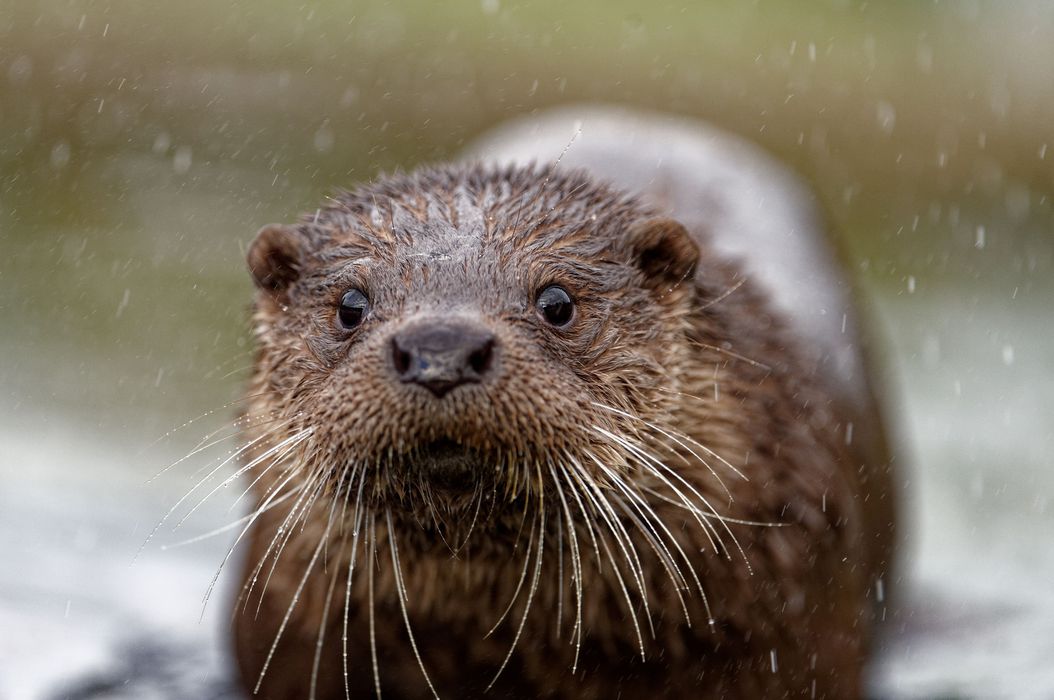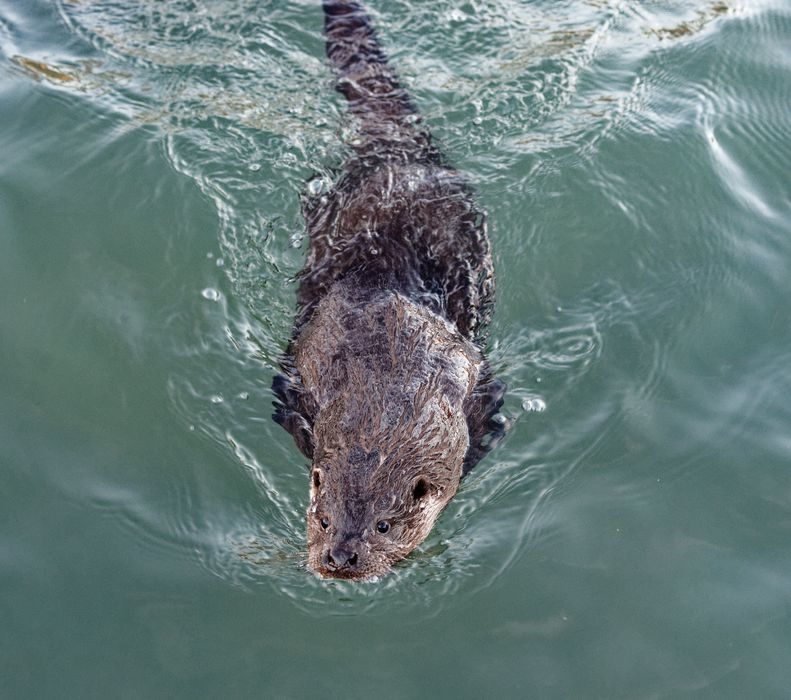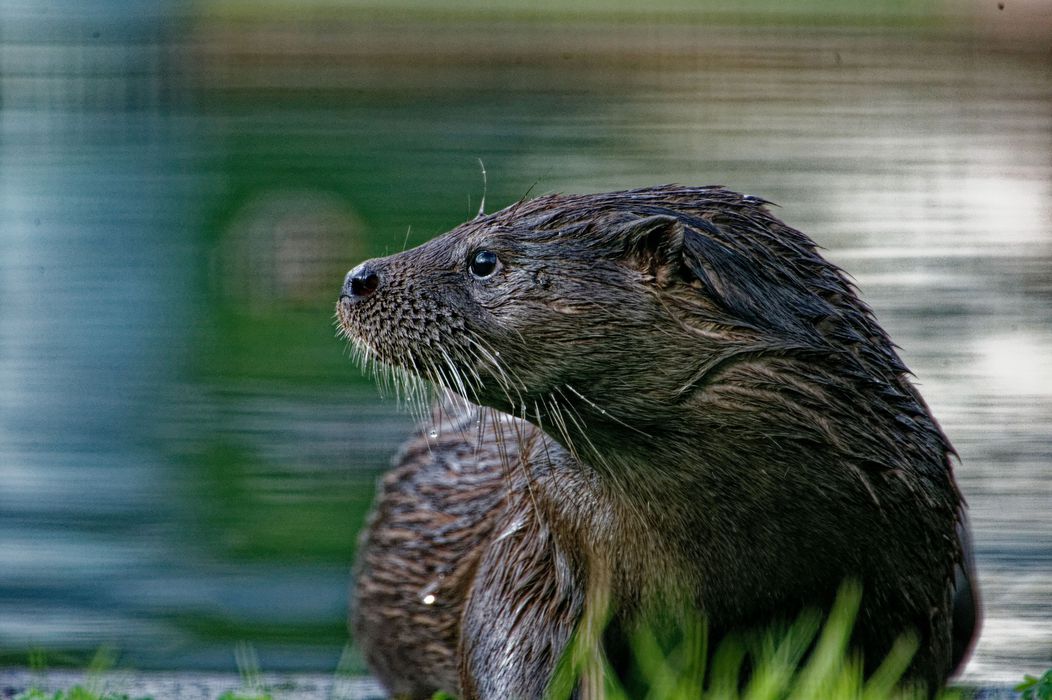What is otter and mink hunting?
Otter and mink hunting involves hunt staff on foot with accompanying hounds, hunting along rivers, in a bid to find and ruthlessly kill wildlife.
Otter hunting was first banned in this country in 1978 when otter became a protected species in law.
But the otter hunts didn’t disband. Instead, they changed their names to mink hunts and created the Masters of Minkhounds Association.
Despite both otter and mink hunting now being illegal under the Hunting Act 2004, there are now around 12 registered hunts, hunting along the same rivers as they did before the ban.

Otters, which flee further and faster than mink and therefore offer up more ‘sport’ to the hunters, are tragically still falling victim to this brutal blood sport.
The beaver, which is being reintroduced into rivers in the UK, may also fall victim to the hounds.
All these animals are at risk of being forgotten by legislators, and unprotected by a weak law with too many loopholes.
What happens during a hunt?
Hunt hounds, often involving both the otter hound and fox hound breed, track wildlife in and alongside rivers before tearing anything apart that is unlucky enough to be in their path.
Hunt staff use long poles to dislodge mink or otters that have fled up trees along the river bank or to block the escape route of their victims. The hunters carve notches in these ‘otter poles’ to signify kills.
Terrier men use spades to dig up any mink or otter that has fled underground and use their terriers to bolt their pray in front of the waiting hounds.
The hunts claim to be exploiting exemptions in hunting laws or, ludicrously, conducting riverbank surveys.

When and where is the otter and mink hunting season?
The otter and mink hunting season takes place between April and October in rivers across England.
No animal deserves to be ripped apart by hounds driven on by hunters with a lust for blood and trophies – body parts are often cut away to be used for trophies.
We need to act to ensure both otters and mink get the protection they need to avoid falling victim to the hunts.
Join us in calling on the government to strengthen the Hunting Act, removing the exemptions in the Hunting Act being exploited by hunts, and introducing prison sentences to act as a deterrent to protect otter and mink – the forgotten victims of hunting with dogs.

How can I help end otter and mink hunting?
- Contact your MP and ask them to urge their party to help strengthen the Hunting Act and remove the exemptions being exploited by hunts
- Join one of our Campaigners Against Cruel Sports Groups on Facebook or Circle to help us raise awareness of otter and mink hunting
- Share this page on your social media
All images on this page credited to Colin Seddon
